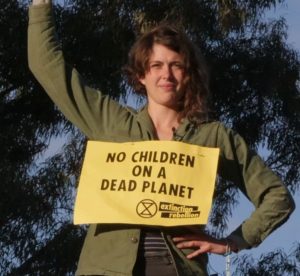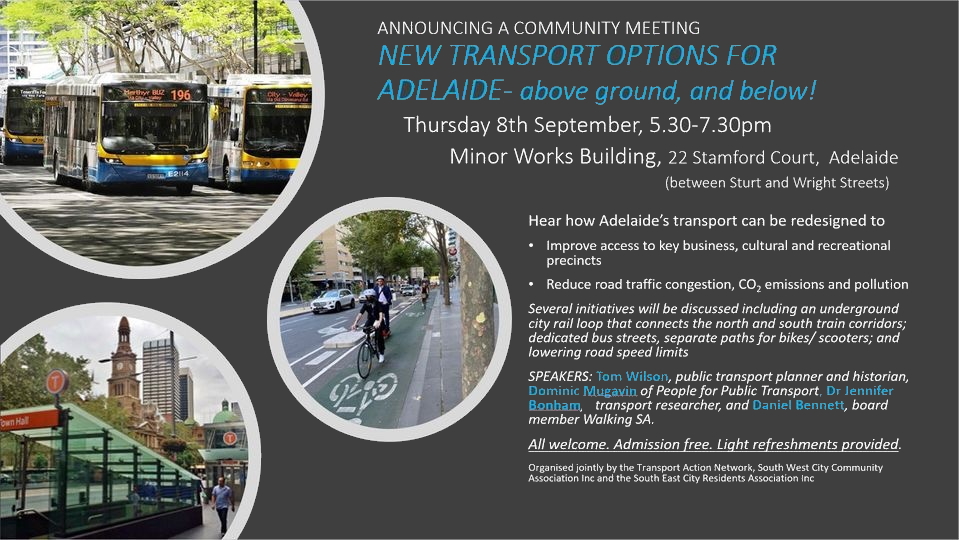“Galilee Basin should not go ahead”
In a historic ruling [on Friday Nov 25th], a Queensland court has said the massive Clive Palmer-owned Galilee Basin coal project should not go ahead because of its contribution to climate change, its environmental impacts, and because it would erode human rights.
The case was mounted in 2020 by a First Nations-led group of young people aged 13 to 30 called Youth Verdict. It was the first time human rights arguments were used in a climate change case in Australia.
The link between human rights and climate change is being increasingly recognised overseas. In September this year, for example, a United Nations committee decided that by failing to adequately address the climate crisis, Australia’s Coalition government violated the human rights of Torres Strait Islanders.
Youth Verdict’s success builds on this momentum. It heralds a new era for climate change cases in Australia by youth activists, who have been frustrated with the absence of meaningful federal government policy.
1.58 billion tonnes of emissions
The Waratah Coal mine operation proposes to extract up to 40 million tonnes of coal from the Galilee Basin each year, over the next 25 years. This would produce 1.58 billion tonnes of carbon emissions, and is four times more coal extraction than Adani’s operation.
While the project has already received approval at the federal government level, it also needs a state government mining lease and environmental authority to go ahead. Today, Queensland land court President Fleur Kingham has recommended to the state government that both entitlements be refused.
In making this recommendation, Kingham reflected on how the global landscape has changed since the Paris Agreement in 2015, and since the last major challenge to a mine in Queensland in 2016: Adani’s Carmichael mine.
She drew a clear link between the mining of this coal, its ultimate burning by a third party overseas, and the project’s material contribution to global emissions.


